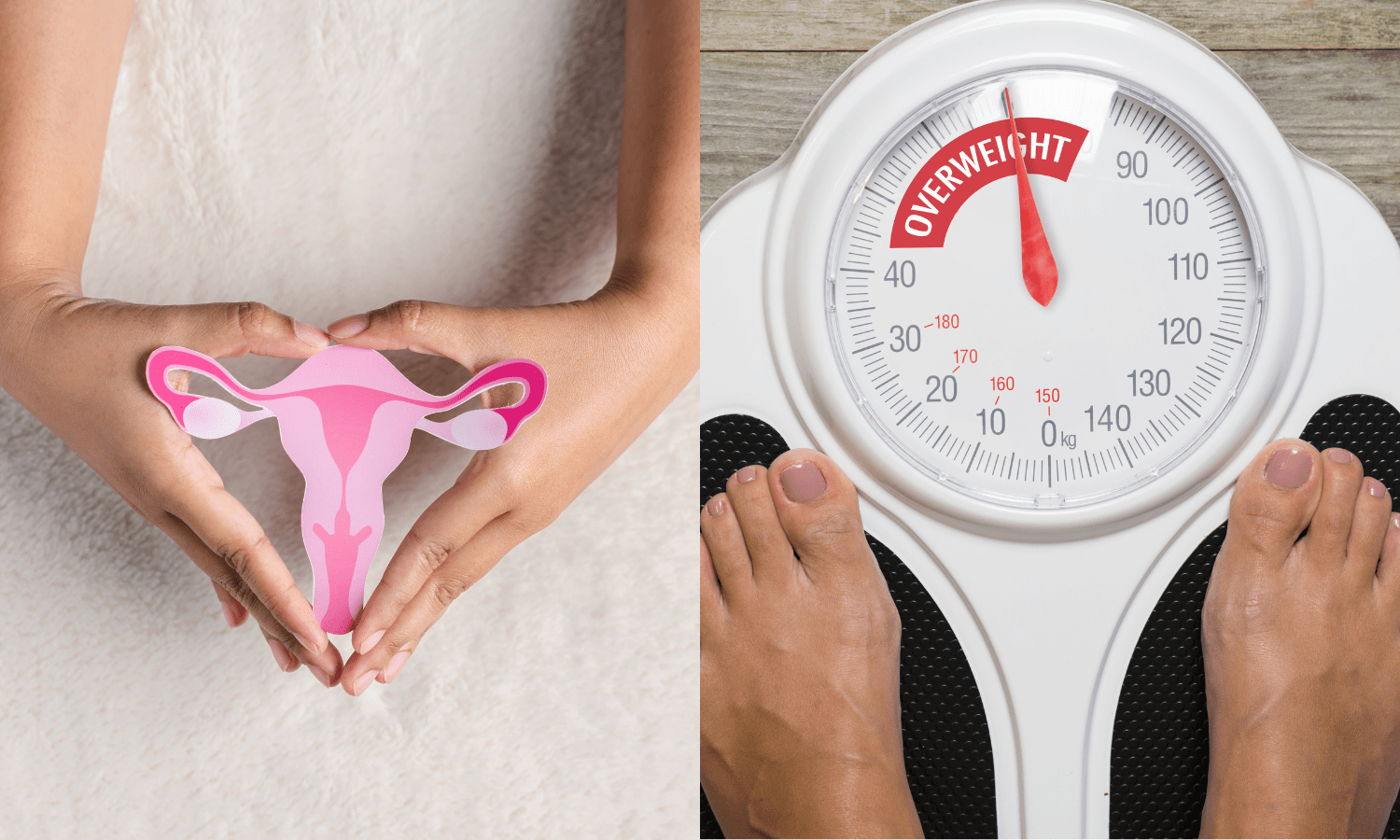Can Uterine Fibroids Lead to Weight Gain?
Have you ever heard about uterine fibroids? They're a common concern among women of reproductive age, with many asking, can uterine fibroids lead to weight gain? Uterine fibroids are noncancerous growths in the uterus that can range in size from tiny to as large as a grapefruit. Most often, they come with no symptoms, but in some cases, they might cause discomfort, heavy menstrual bleeding, and even pain. Today, we delve into the relationship between these fibroids and weight gain.
Understanding Uterine Fibroids and Their Causes
First off, let's explore what uterine fibroids are. These growths originate from the smooth muscular tissue of the uterus, known as the myometrium. They can be solitary or multiple, and vary in size, from tiny specks to bulky masses that can distort the uterus. The exact cause of fibroids is still unclear, but there's a general agreement that hormones such as estrogen play a pivotal role. Think of estrogen as a fuel to the fire, causing the fibroids to grow, especially during a woman's childbearing years.
Obesity, Estrogen, and Uterine Fibroids: What’s the Link?
Obesity is known to impact our hormonal balance, especially regarding estrogen levels. But how? Well, body fat isn't just a passive calorie storage, it's an active part of the endocrine system, producing and releasing hormones, including estrogen. So, the more body fat a woman carries, the more estrogen she produces. Now you may ask, how does this relate to fibroids?
In a study conducted it was found that patients presenting with symptomatic uterine fibroids were more obese than the general population [2]. So, it seems like there is a connection, but let's dig a bit deeper.
Exploring the Association Between Obesity and Risk of Uterine Fibroids
A research investigated the link between obesity and the risk of uterine fibroids. And guess what? The results demonstrated a positive association between obesity and the risk or prevalence of fibroids. Moreover, it was found that those with higher Body Mass Index (BMI) and weight changes since the age of 18 had an increased risk of developing fibroids. Interestingly, this relationship was not straightforward but followed an inverse J-shaped pattern [1].
Managing Weight to Reduce Risk and Impact of Uterine Fibroids
So, it appears that managing weight could be a key player in reducing the risk of fibroids, right? Absolutely! A balanced diet and regular exercise can help maintain a healthy weight, which in turn, can keep estrogen levels in check and potentially reduce the risk of fibroids.
In addition to managing weight, these lifestyle changes can also improve overall health and wellbeing. It's like hitting two birds with one stone - you're not only potentially reducing the risk of fibroids but also paving the way towards a healthier life.
Ready to Take the Next Step?
So, can uterine fibroids lead to weight gain? The correlation seems to be more about weight gain leading to an increased risk of fibroids, primarily due to the estrogen produced in body fat. While further research is needed, maintaining a healthy weight appears to be beneficial in managing the risk and symptoms of fibroids. As with many health concerns, a balanced diet and regular exercise can go a long way. If you have any concerns or symptoms related to uterine fibroids, schedule an appointment with our specialists at Indiana Vascular for personalized advice and treatment options
Sources
Qin, H., Lin, Z., Vásquez, E., Luan, X., Guo, F., & Xu, L. (2021). Association between obesity and the risk of uterine fibroids: a systematic review and meta-analysis. Journal of epidemiology and community health, 75(2), 197–204. https://doi.org/10.1136/jech-2019-213364
Shikora, S. A., Niloff, J. M., Bistrian, B. R., Forse, R. A., & Blackburn, G. L. (1991). Relationship between obesity and uterine leiomyomata. Nutrition (Burbank, Los Angeles County, Calif.), 7(4), 251–255.

